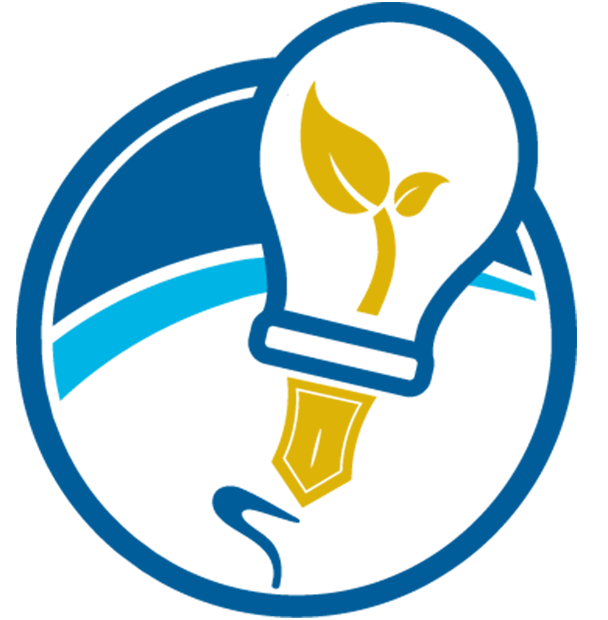- How do I contact faculty members I am interested in working with?
- The best way to get into contact with faculty members you are interested in working with is through email or office hours (in-person or virtual). When emailing faculty, make sure to email from your UC Davis email address. Talking to faculty at office hours is also a good time to introduce yourself and let them know directly about your interest in their research. This can work for traditional or virtual office hours. If faculty members are participating in networking events, faculty panels or other events (including virtual/Zoom events), be sure to take advantage of these opportunities to introduce yourself and ask a question as they can be great opportunities to network and connect with potential faculty mentors.
- When should I contact faculty members about working with them on their research?
- There is no specific time-table of when you should contact a faculty member. A good practice is to begin contacting faculty at least a quarter before you want to begin your research. For example, if you are interested in beginning research with a faculty member in the spring quarter, you would want to consider contacting them in the winter quarter. However, it is possible to contact faculty at anytime, keeping in mind that during the beginning and end of quarters are typically the busiest for faculty. Summer is also a good time to connect with faculty as they may be planning for the academic year.
- How long should I wait for a faculty member to respond to my email?
- A good practice is to provide the faculty member 2-3 business days to respond to your email. If you send a faculty member an email and you get an “out of office message,” make note of their return and be sure to follow up with the faculty member once they are back. If you have not heard back after 2-3 days, be sure to follow up again as this is extremely important when applying to positions. It is possible that a faculty member has missed your email or got busy and did not reply. Following up with them shows initiative and commitment to finding a position. Make sure that your email is professional and shows your motivation and interest in the research they do.
- What do I include in my email to a faculty member?
- The most important thing you need to communicate to faculty is your motivation for wanting to join their lab/team/research project. Begin by introducing yourself (your major and year in school), let the faculty member know why you are contacting them (if you are applying to a specific position in their lab, mention it by title), share with the faculty member why you are interested in their particular research/lab (try to be specific, such as “I am really interested in your Roman Empire project because…”), share what skills you will bring to the lab/research team (this can be technical skills such as coding and/or “soft” skills such as having strong time management skills), and finish off your email by providing your general availability in case the faculty member wants to set up a meeting with you. Before sending your email be sure to have someone review it to ensure there are no typos. A good tip is to read the email out loud to yourself. This helps to identify typos, run on sentences, and so much more.
- Should I include my resume/CV when I email faculty members?
- Yes, we strongly recommend including your resume/CV when emailing faculty members. Inform the faculty that you are including it in your email, and attach your resume/CV as a PDF document to ensure the format of your document remains consistent.
- What classes should I include on my resume/CV?
- Only the most relevant information should be included on your resume/CV. This is the same for classes. If you are applying for a STEM project/lab, you will only want to include STEM related classes.
- Should I include my transcript when emailing faculty members?
- In general, you do not want to provide more than what the faculty member/lab is asking for. If you are asked to submit a transcript, an unofficial transcript will be sufficient unless otherwise noted.
Undergraduate Research Center
Office of Undergraduate Education
